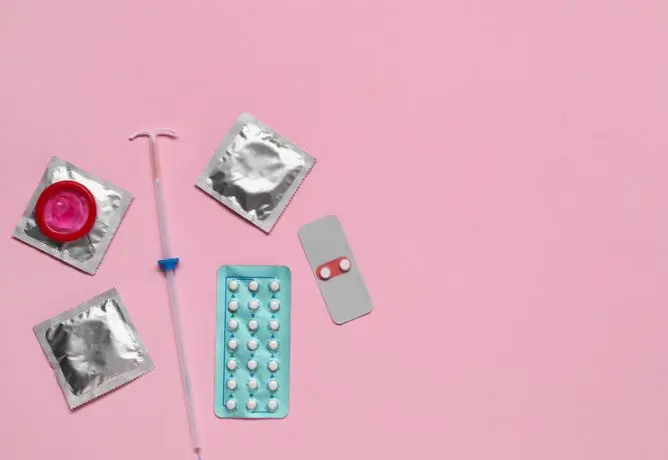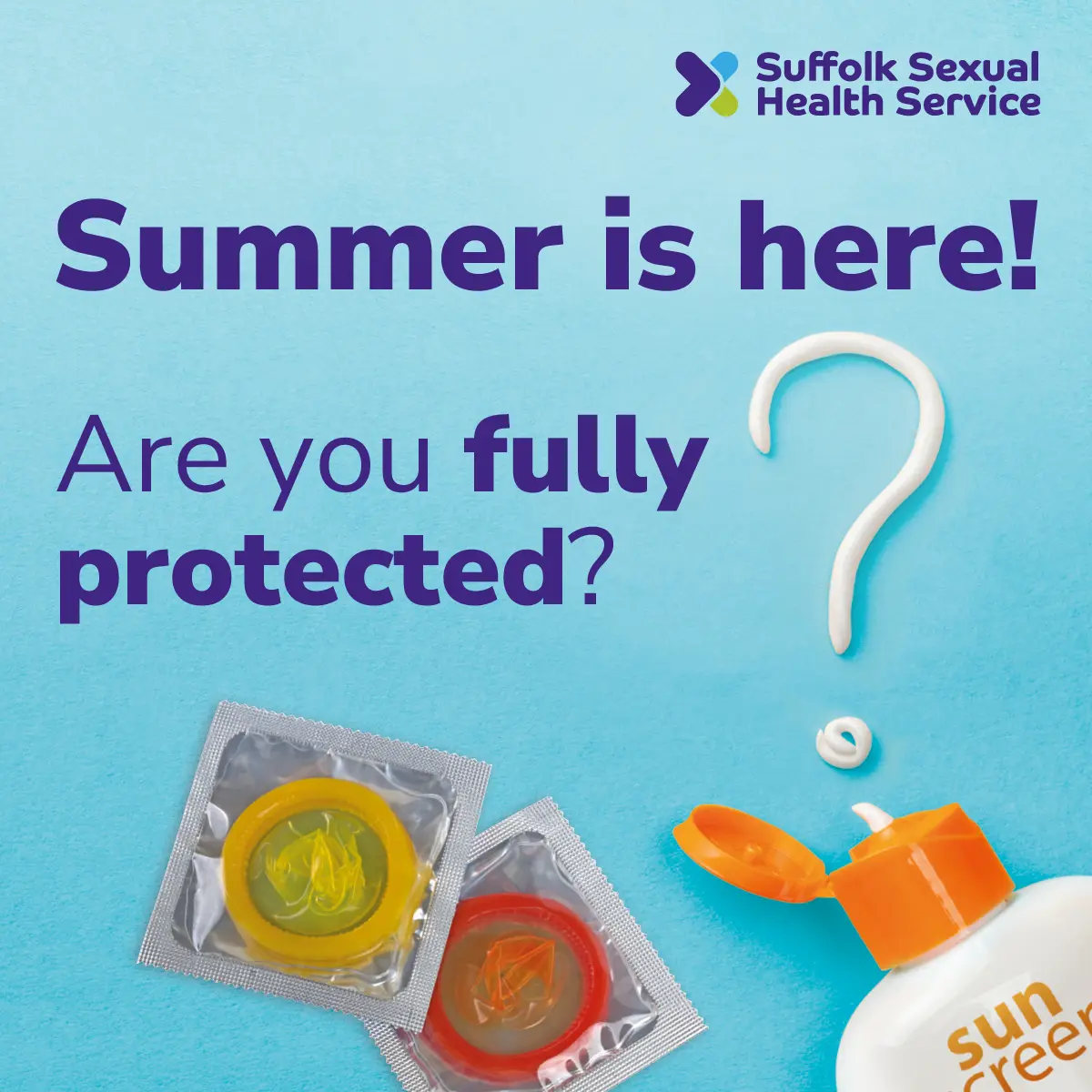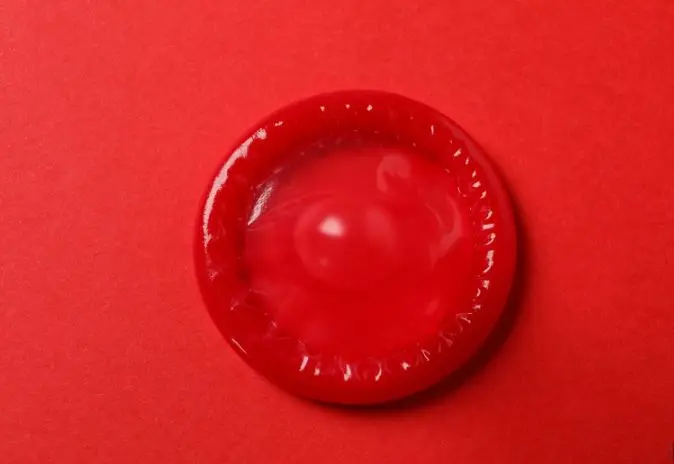Emergency contraception is a safety net for those times when your usual birth control fails or if no contraception was used. It’s essential for preventing unplanned pregnancies and is accessible through various methods. Understanding your options can help you feel more informed and confident in managing your sexual health.
Types of Emergency Contraception
- Emergency Contraceptive Pills (ECPs): Often known as the “morning after pill,” these are available in two forms:
- IUD (intrauterine device) is the gold standard emergency contraception as it is effective after ovulation. It can be used up to 19 days of a regular 28 day cycle as well as up to 5 days after unprotected sexual intercourse (UPSI).
- Levonorgestrel (e.g., Levonelle): This pill should ideally be taken within 72 hours (3 days) after unprotected sex but can work up to 5 days after. It works best the sooner it is taken.
- Ulipristal Acetate (e.g., ellaOne): This can be effective within 120 hours (5 days) of unprotected sex and is slightly more effective than Levonorgestrel in delaying ovulation.
- Intrauterine Device (IUD): Also known as the copper IUD, it can be inserted by a healthcare provider within five days of unprotected sex and is more than 99% effective at preventing pregnancy. The IUD has the added benefit of providing long-term contraception for up to 10 years.
Usage and Effectiveness
The effectiveness of emergency contraception depends significantly on how quickly you use it after unprotected sex. The sooner, the better. The effectiveness can also vary based on individual factors like body mass index (BMI) and the specific timing of your menstrual cycle.
How to Get Emergency Contraception
You can obtain ECPs and the IUD through various sources including sexual health clinics, some pharmacies, and in some cases, online services. The Essex Sexual Health Service provides a comprehensive approach, offering both consultation and emergency contraception options. It’s important to consult with healthcare professionals who can guide you based on your specific circumstances.
Stigma and Health
There’s no shame in seeking emergency contraception. It’s a responsible step towards managing your sexual health. While side effects can include mild nausea or changes in your menstrual cycle, these are generally short-term and not harmful. If you experience severe side effects or vomiting soon after taking an ECP, it’s crucial to consult a healthcare provider as you may need an additional dose or an alternative method like the IUD.
Long-term Considerations
Emergency contraception should not be used as a regular form of birth control. For ongoing contraception, consider long-term options such as the pill, condoms, or an IUD. These methods not only prevent pregnancy but also, in the case of condoms, protect against sexually transmitted infections (STIs). To order free condoms, download the ec-Card app here.
Support and Resources
If you find yourself facing an unplanned pregnancy despite using emergency contraception, remember that you have options, including continuing the pregnancy, abortion, or adoption. Organisations like the Essex Sexual Health Service can sign post you to where you need to go and support you on your journey. Read more here.
Remember, taking charge of your sexual health is nothing to be embarrassed about—it’s a vital part of caring for your overall well-being.
For more information on emergency contraception, how to access it, and further advice, visit the Essex Sexual Health Service or contact them directly for personalised support here.



